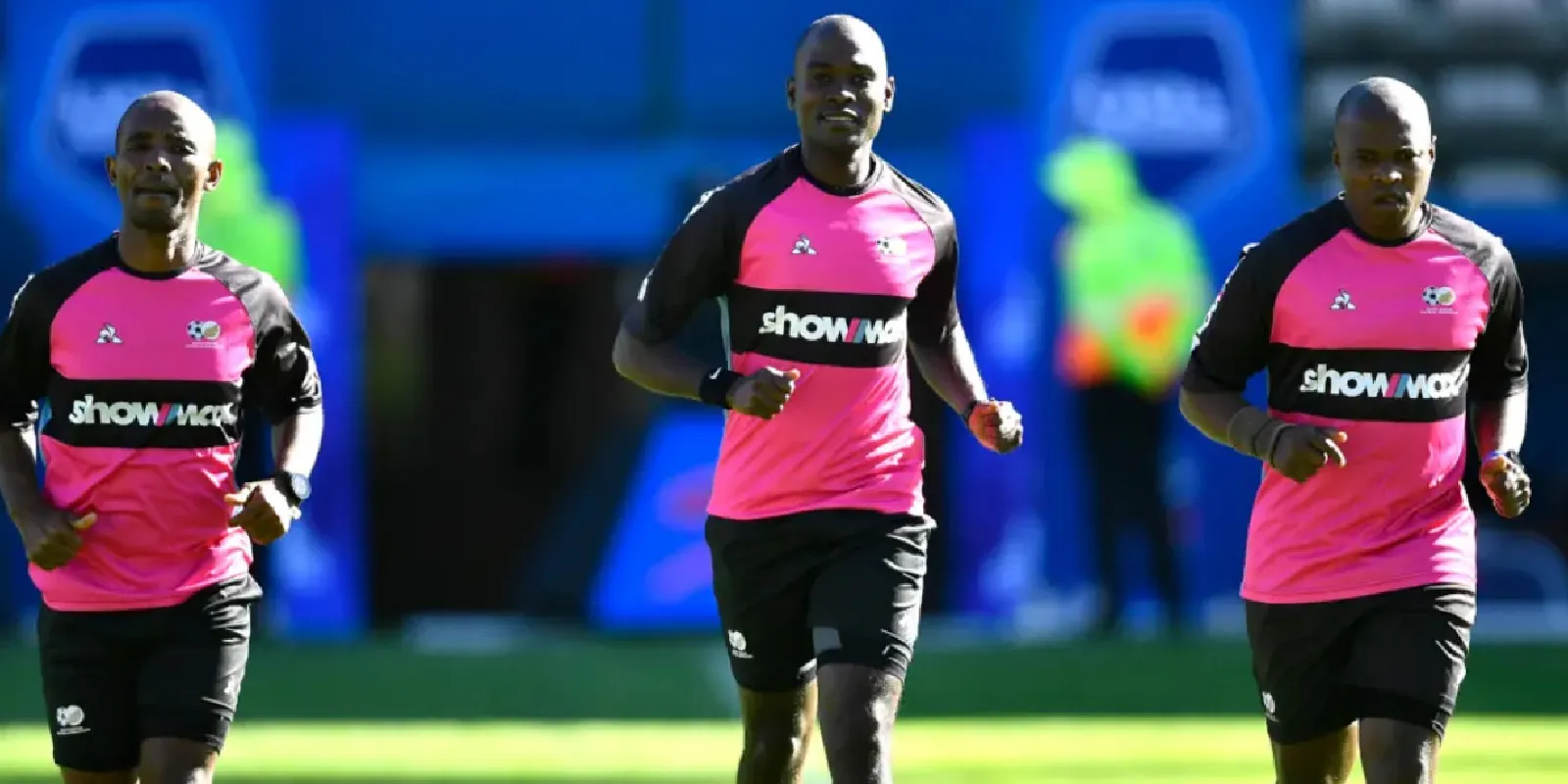
How to Make a Training Plan for Soccer Referees
Soccer referees play a vital role in ensuring fair play and maintaining the flow of the game. To perform their duties effectively, referees must combine physical fitness, mental sharpness, and a deep understanding of the rules. A comprehensive training plan helps referees meet these demands, enabling them to excel on the field.
In this article, we’ll explore how to design a well-rounded training plan tailored for soccer referees.
Why Do Soccer Referees Need a Training Plan?
Referees must cover long distances during matches, stay focused for 90 minutes (or more), and make quick, accurate decisions. A proper training plan addresses these demands by improving:
- Physical Fitness: To keep up with the pace of the game.
- Positioning and Agility: To maintain the best angles for decision-making.
- Mental Preparedness: To handle pressure and make quick calls.
- Game Knowledge: To confidently apply the rules of soccer.
Key Components of a Referee Training Plan
1. Physical Fitness
Referees need excellent cardiovascular endurance, speed, and agility. A combination of sprint drills, long-distance runs, and strength training ensures they can keep up with play while avoiding fatigue.
- Cardiovascular Training:
- Perform interval sprints (e.g., 30 seconds sprint, 1-minute jog, repeated 8-10 times).
- Include steady-state runs (5-8 km) to build endurance.
- Agility and Speed Drills:
- Use cone drills to practice quick directional changes.
- Incorporate ladder drills to improve foot speed and coordination.
- Strength Training:
- Focus on squats, lunges, and deadlifts for lower body power.
- Add core exercises like planks and Russian twists for balance and stability.
2. Referee-Specific Drills
Being in the right position at the right time is crucial for referees. Practice movement patterns that mirror match scenarios.
- Positioning:
- Run diagonal patterns across the field to simulate game movement.
- Focus on staying in positions that provide a clear view of play.
- Whistle and Card Practice:
- Rehearse issuing yellow or red cards and blowing the whistle confidently in simulated scenarios.
3. Mental Preparation
Referees must stay calm under pressure and make instant decisions during high-stakes situations.
- Decision-Making Drills:
- Watch match footage and pause at key moments to decide the appropriate action.
- Engage in scenario-based exercises that mimic real-game situations.
- Focus and Concentration:
- Practice mindfulness or meditation to enhance mental clarity.
- Use reaction-time drills or apps to improve sharpness.
4. Game Knowledge
Understanding the Laws of the Game is the foundation of effective refereeing.
- Regularly review the FIFA Laws of the Game and stay updated on rule changes.
- Attend referee workshops or certification programs to deepen your expertise.
Weekly Training Plan Template
| Day | Activity | Duration |
| Monday | Recovery Day: Light jogging, stretching, and mobility exercises | 30-40 minutes |
| Tuesday | Interval Training: Sprint and agility drills | 45 minutes |
| Wednesday | Strength Training: Core and lower body focus | 60 minutes |
| Thursday | Field Simulation: Match-day running patterns + decision-making drills | 60 minutes |
| Friday | Endurance Training: Long-distance running or HIIT | 60 minutes |
| Saturday | Match Officiating: Practical experience | Match Time Duration |
| Sunday | Recovery and Review: Yoga, foam rolling, and analyzing past performances | 30-40 minutes |
Additional Tips for Referees
- Hydration and Nutrition:
- Stay hydrated during training and matches.
- Eat balanced meals rich in carbohydrates, proteins, and healthy fats.
- Recovery:
- Stretch after every session to prevent injuries.
- Incorporate foam rolling and light yoga to relax muscles.
- Gear and Equipment:
- Invest in high-quality referee shoes designed for match surfaces.
- Always carry essential equipment like a whistle, cards, and stopwatch.
- Feedback and Review:
- Analyze your match performances to identify areas for improvement.
- Seek feedback from mentors or experienced referees.
Sample Training Drills
Sprint and Agility Drill:
- Set up 5 cones in a zig-zag pattern, each 10 meters apart.
- Sprint to each cone, changing direction quickly.
- Rest for 30 seconds and repeat 5 times.
Positioning Drill:
- Place markers on the field to simulate key referee positions for fouls, offsides, and penalties.
- Practice running quickly to these positions while keeping your eyes on play.
Decision-Making Drill:
- Watch 15 minutes of recorded match footage.
- Pause at critical moments and decide the correct call as if you were officiating.
Conclusion
Creating a training plan for soccer referees involves balancing physical fitness, mental preparedness, and game knowledge. By following a structured approach, referees can enhance their performance, make accurate decisions, and maintain the stamina required for intense matches. Whether you’re a beginner or a seasoned referee, a well-rounded training plan is essential for success on the field.
